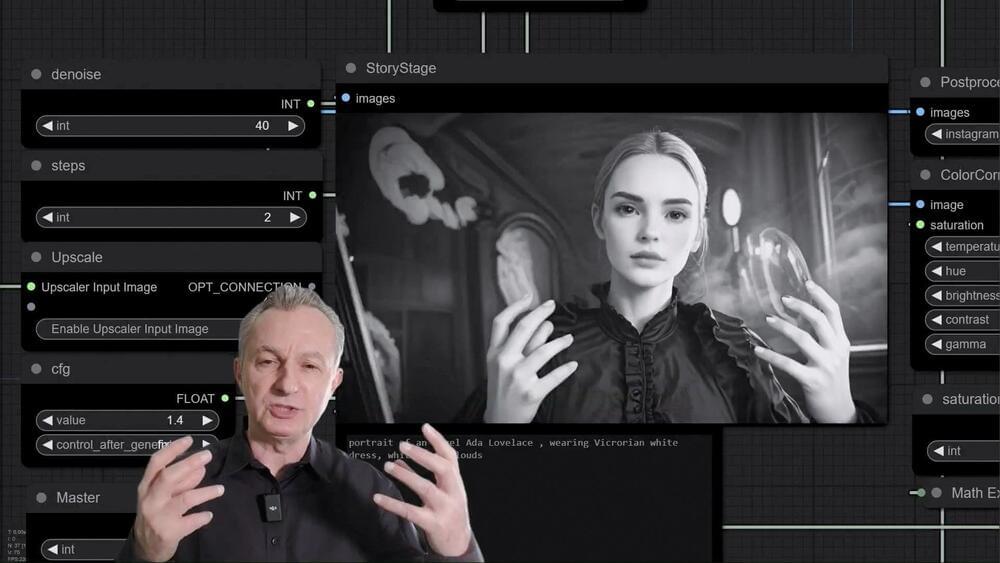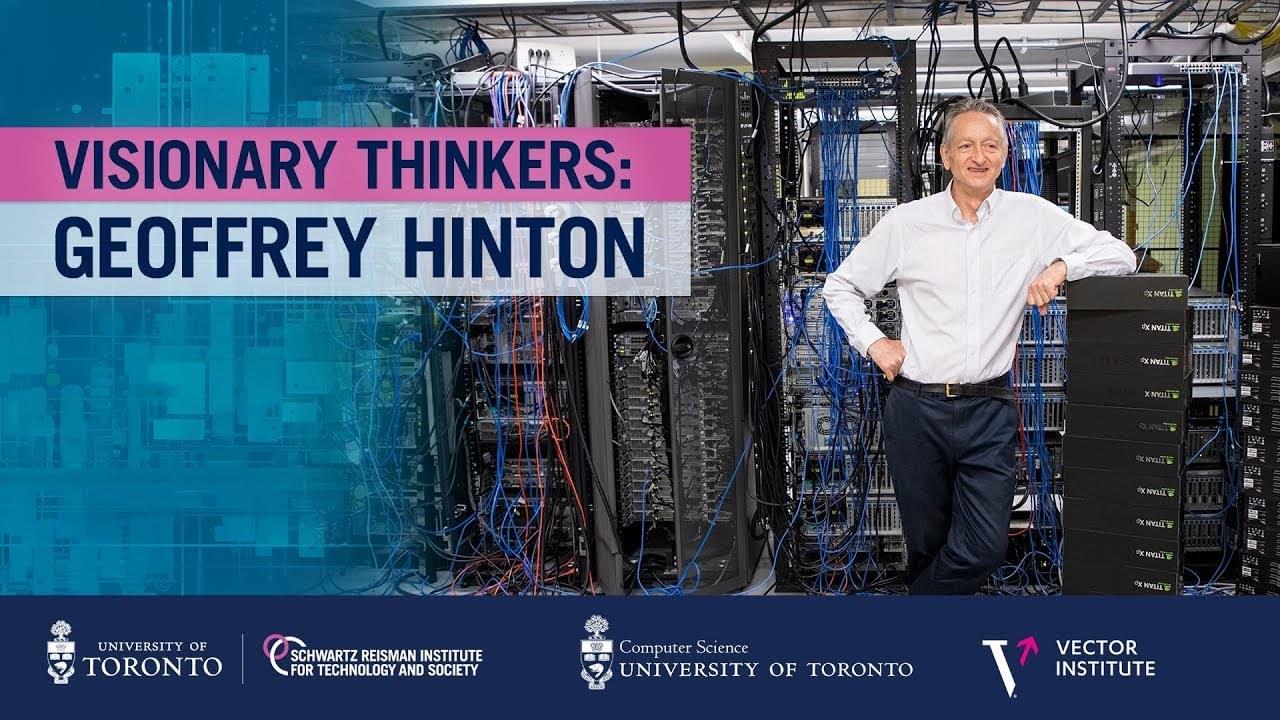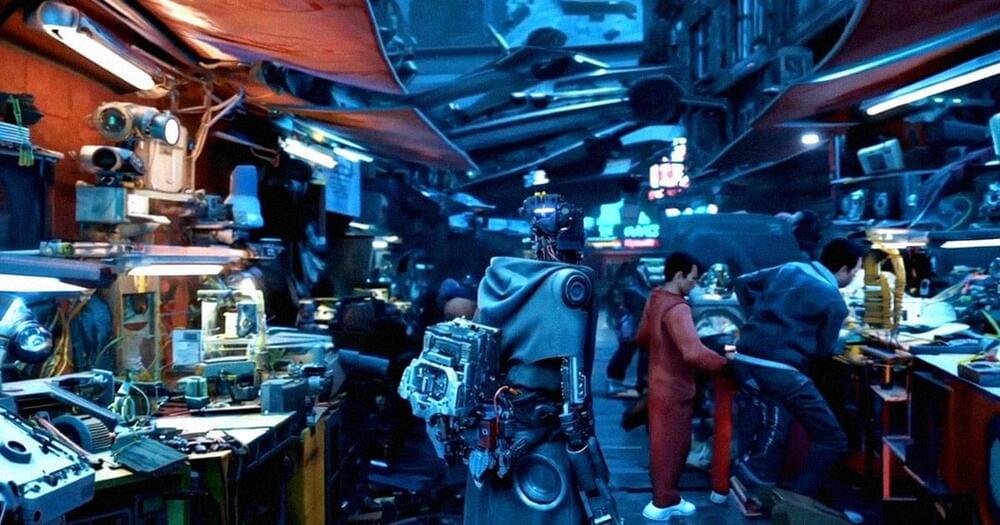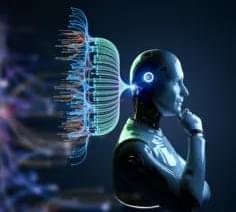The human brain is probably the most complex thing in the universe. Apart from the human brain, no other system can automatically acquire new information and learn new skills, perform multimodal collaborative perception and information memory processing, make effective decisions in complex environments, and work stably with low power consumption. In this way, brain-inspired research can greatly advance the development of a new generation of artificial intelligence (AI) technologies.
Powered by new machine learning algorithms, effective large-scale labeled datasets, and superior computing power, AI programs have surpassed humans in speed and accuracy on certain tasks. However, most of the existing AI systems solve practical tasks from a computational perspective, eschewing most neuroscientific details, and tending to brute force optimization and large amounts of input data, making the implemented intelligent systems only suitable for solving specific types of problems. The long-term goal of brain-inspired intelligence research is to realize a general intelligent system. The main task is to integrate the understanding of multi-scale structure of the human brain and its information processing mechanisms, and build a cognitive brain computing model that simulates the cognitive function of the brain.

















